Farundell by L. R. Fredericks - A Fermented Book Review
0 comments
This was one of the cryptic phrases in the book that lured me to buy and then read this book. The cover also led me to buy it. I am not usually this gullible when purchasing books, as my go-to method is to read the first page or so to see if I like the book. (I was also duped by the publisher,
John Murray, one that I particularly like - or at least, their previous books.)
But this was an impulse buy. It was just a bit more than $1.00 at a local charity shop, it piqued my interest, and I just bought it without thinking.
After sitting on my bookshelf for about 5 or 6 years, I finally picked L. R. Fredericks's Farundell up and started reading it.
And that was when I realised that this was not a book I would usually read. This is fantasy, mixed with art, history, love, eroticism, and well strangely enough some philosophy as well!
I picked it up and started reading it away for the weekend with no other books with me. So, I finished reading it and it transported me to another world, but also to my youth, as I fancied these books when I was younger. It also felt like my youth as I sat for hours on end, being swayed by the story and the beautiful writing of this rather strange and obscure author. (Trying to find something online about her seems odd; here is her website.)
Nonetheless, I carried on!
WARNING: This book review contains spoilers. If you want to read this book for yourself, do not read this review! You have been warned...
The book started slowly, but it kept my attention with every turn. The main character suffers from a strange form of PTSD from the world war, and we are taken with him in his delusions to the battlefield. The writing is beautiful and reminiscent of a strange nostalgia - old English countryside nostalgia.
But the story feels, like so many others, told rather than shown. I hammer on this point too often, and I don't know why I don't stick to the authors who do it right, but here I am, again reading a book of this kind!
I am probably too critical in this aspect, as show don't tell is not an easy feat. But I prefer books that have the right mixture, leaning more towards showing rather than telling. Even though the author has a really beautiful writing style, one that I envy in many respects, she falls back on telling us the story rather than letting it happen.
After the initial struggle of the story, leaning towards a strange "luck" that the main character had in finding a job, the story begins its steady pace through the world of Farundell. The author beautifully built a very believable world in which the characters find themselves, the old English mansion situated close to a dam with mysterious structures on it.
I could live myself in the world she built, but it unfortunately suffers the fate of trying to do too much. After finishing the book, a short extract from her new book, following the same characters, a new novel is introduced. That is, she set herself up for writing more novels in this series. From the beginning of the book, I could not pick up this piece of information, but it was confirmed with her second novel promoted in the back of this book.
Because as I read the book, and even though it is 350 pages long, there seemed to be so many other stories that could have developed.
The novel starts with the perspective of the main character, but she then jumps to the first perspectives of various other characters. Just like her world-building skills, the characters she developed are tremendous, beautiful, rich, and believable. I felt myself wanting to know more, wanting to read more, and soon realising that 350 pages were too few.
The story started well, even though the sluggish beginning, but halfway through the novel, things took a strange turn.
The novel turned into a purely astral projection fiction, with the characters moving through space and time separated from their "real" bodies. This is where the book kind of lost me, as well as at the end where one of the astral projections of a dead relative saved the main character's real body from drowning. Up until that point, even though strange and not really what I usually read, everything was still "fine", after that point it felt like a standard movie in which the main characters are saved only because they want to make new movies. It would have been much more believable if the main character died, but alas, she wants to write more books...
Sometimes you have to read books that take you out of your comfort zone. There were philosophical bits that read really well, art discussions that took me back to my youthful days in art high school, and some strange sex scenes that felt as if the author wanted to write erotic fiction as well, but in the end, it was a fun quick little read to take my mind from the stress of my own life.
Sometimes you just have to read something light and easy.
Will I return to this book? Probably not. Do I recommend it? Probably if you have the time and the appetite for this kind of nostalgic writing. As I mentioned, there was good philosophical writing in it - I am obviously a fan of this kind but few others are.
But it was fun, and an enjoyable ride nonetheless.
For now, happy reading, and keep well!
All of the musings and writings in the review are my own subjective opinions. The photographs are my own, taken with my Nikon D300.
The Fermented Philosopher's Library
| 🕮 The Book of Malachi | 🕮 The Outsider | 🕮 A Clockwork Orange | 🕮 Perfume |
|---|---|---|---|
| by T.C. Farren | by Stephen King | by Anthony Burgess | by Patrick Suskind |
| 🕮 The Uninvited | 🕮 Life Is Elsewhere | 🕮 Philosophy as a Way of Life | 🕮 The Space Between the Space Between |
|---|---|---|---|
| by Geling Yan | by Milan Kundera | by Pierre Hadot | by John Hunt |
| 🕮 Ezumezu: A System of Logic for African Philosophy | 🕮 Adjustment Day | 🕮 Philosophical Praxis: Origin, Relations, and Legacy | 🕮 The Unbearable Lightness of Being |
|---|---|---|---|
| by Jonathan O. Chimakonam | by Chuck Palahniuk | by Gerd Achenbach | by Milan Kundera |
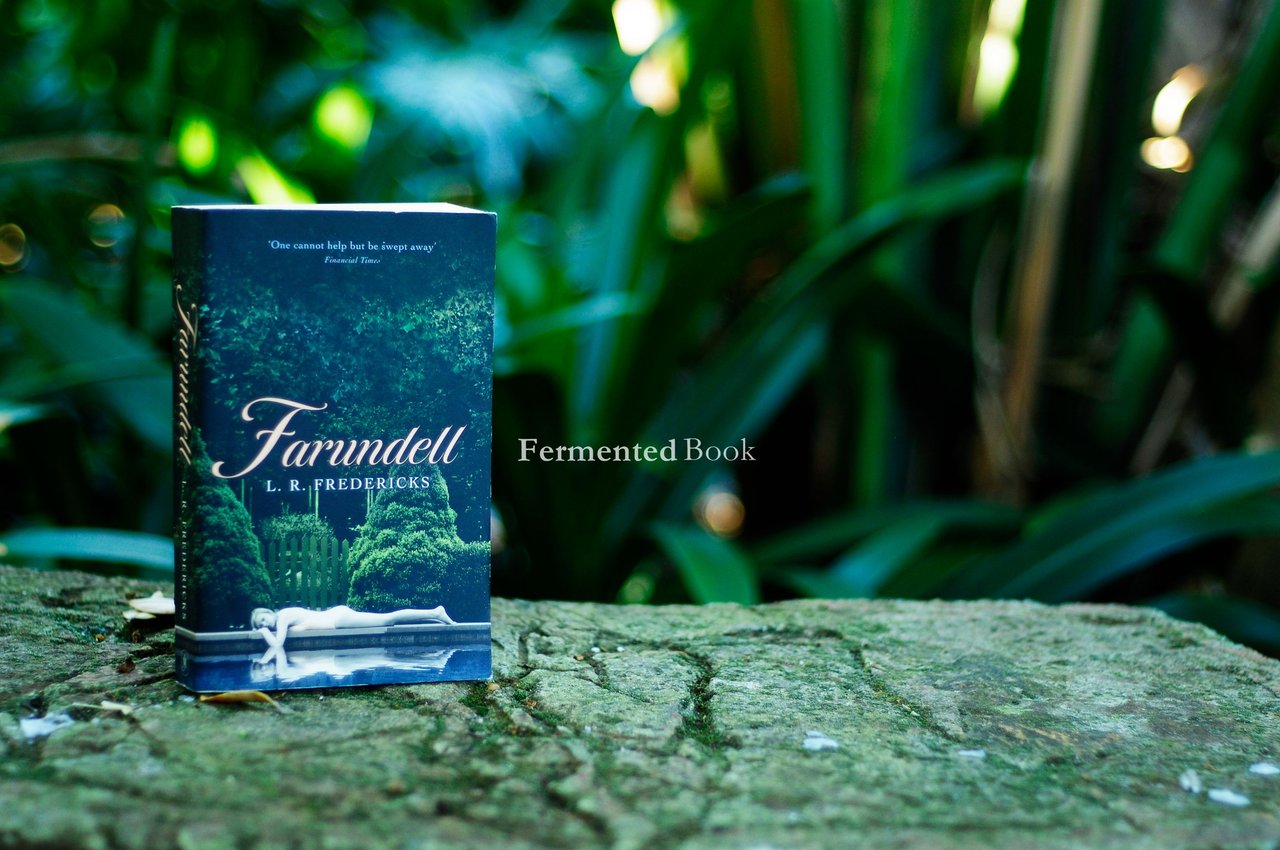
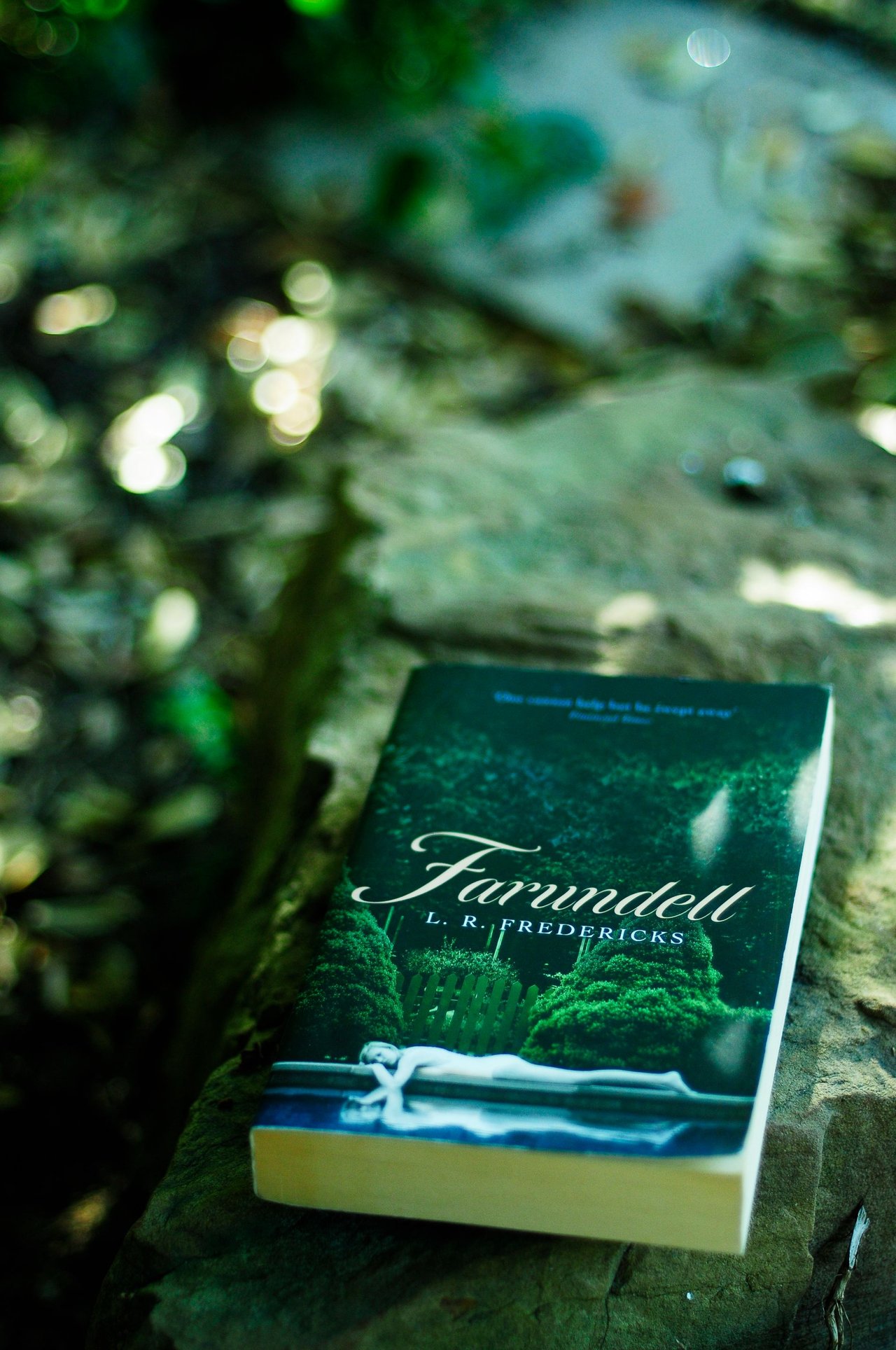
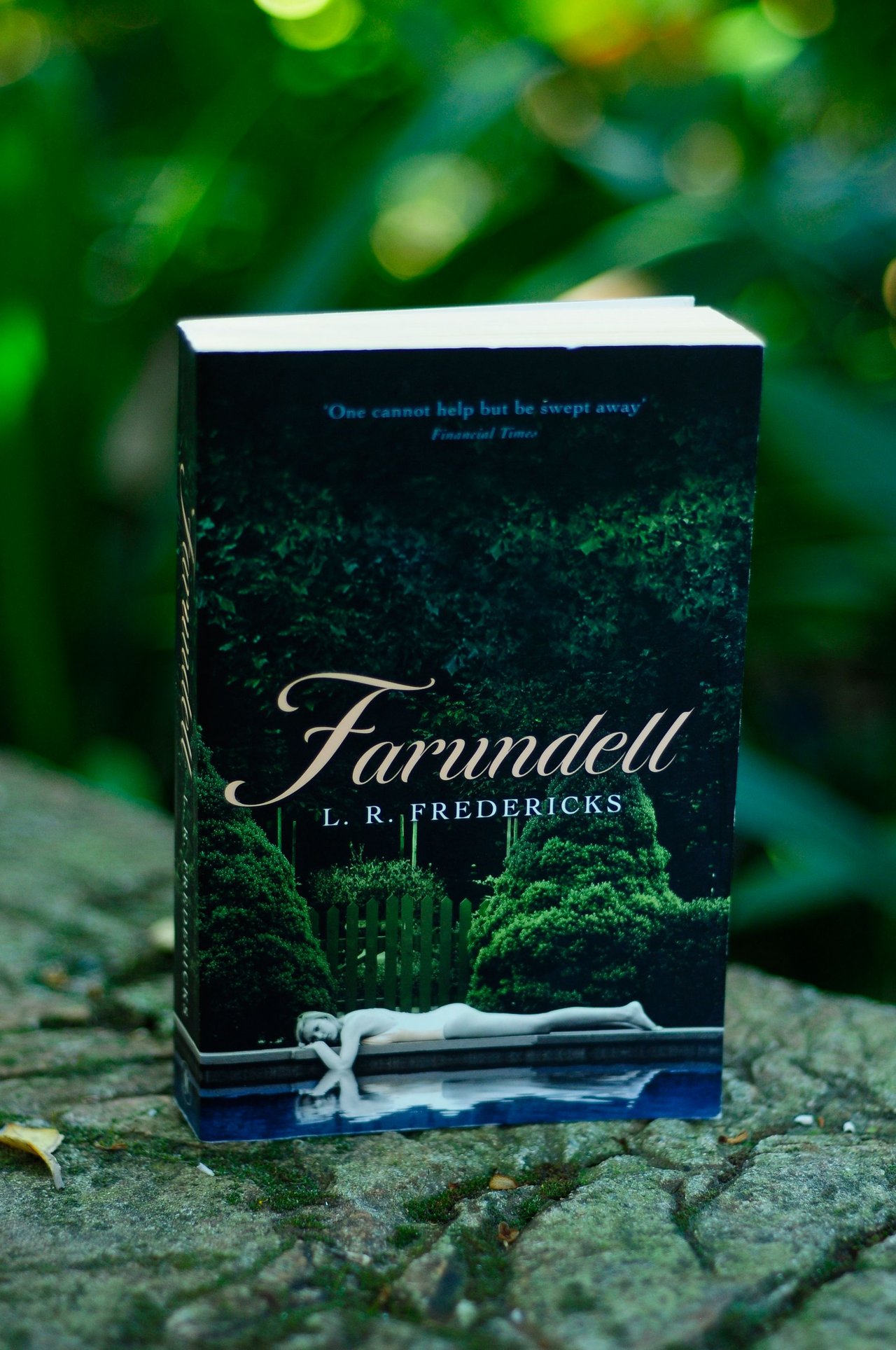
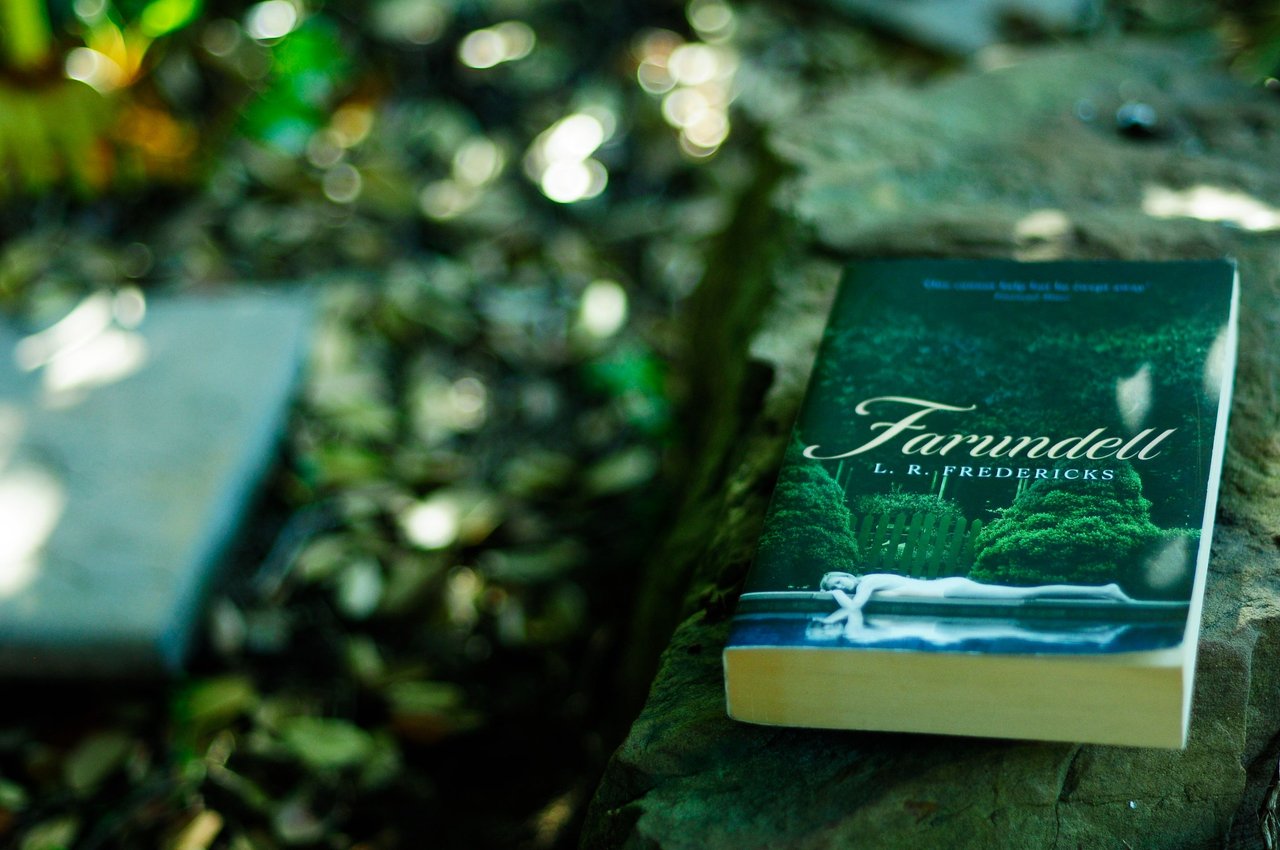
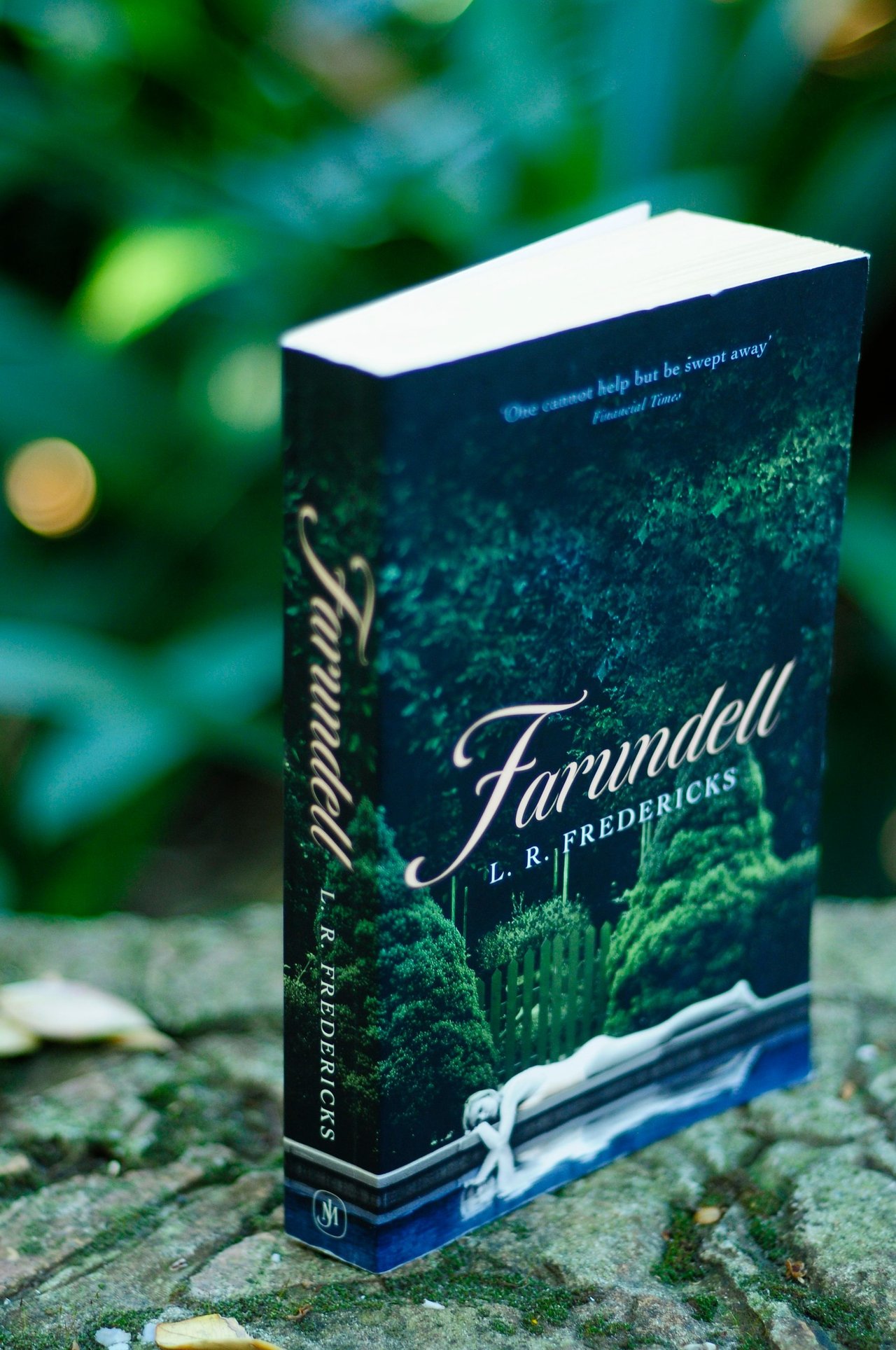
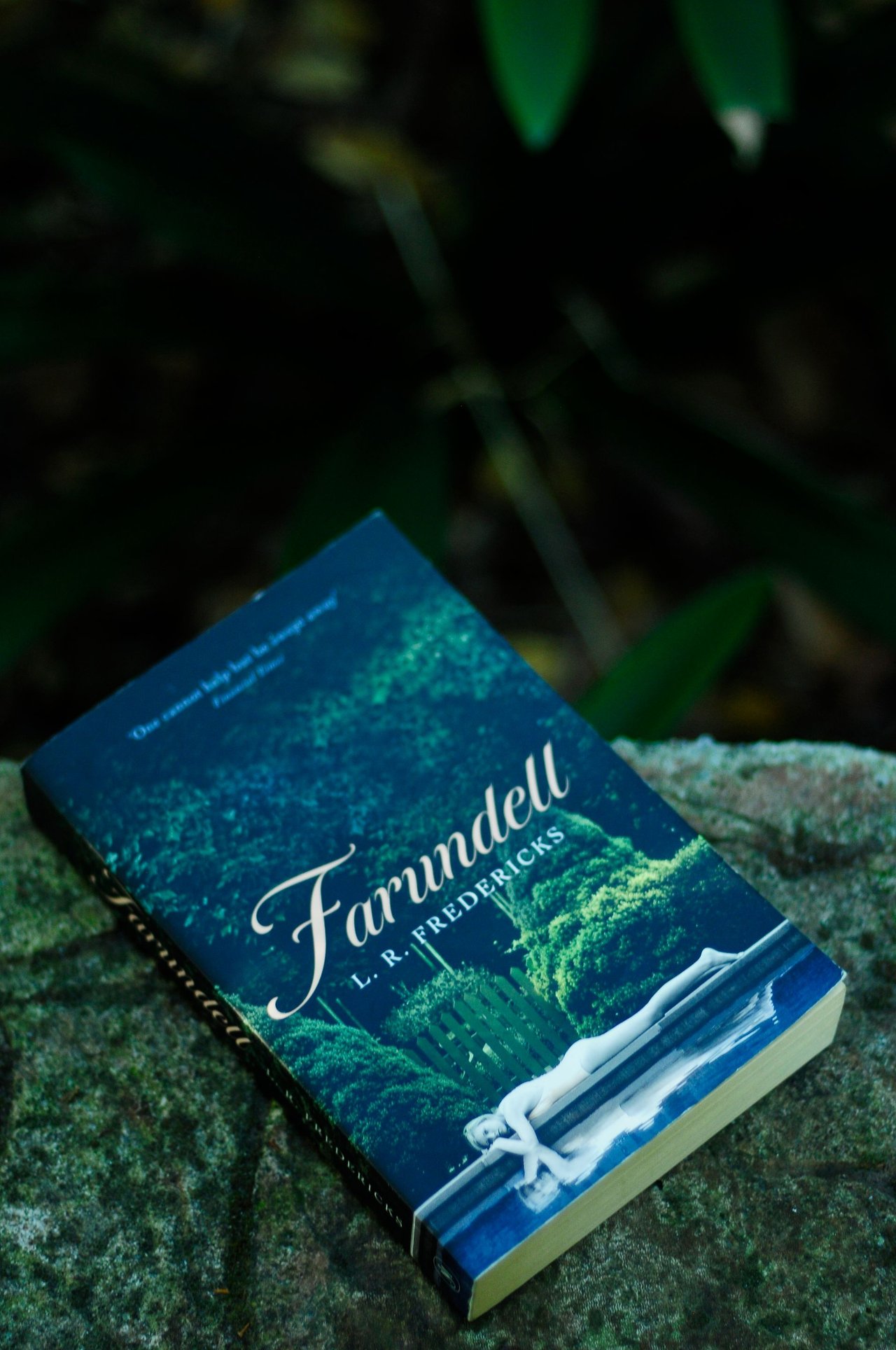
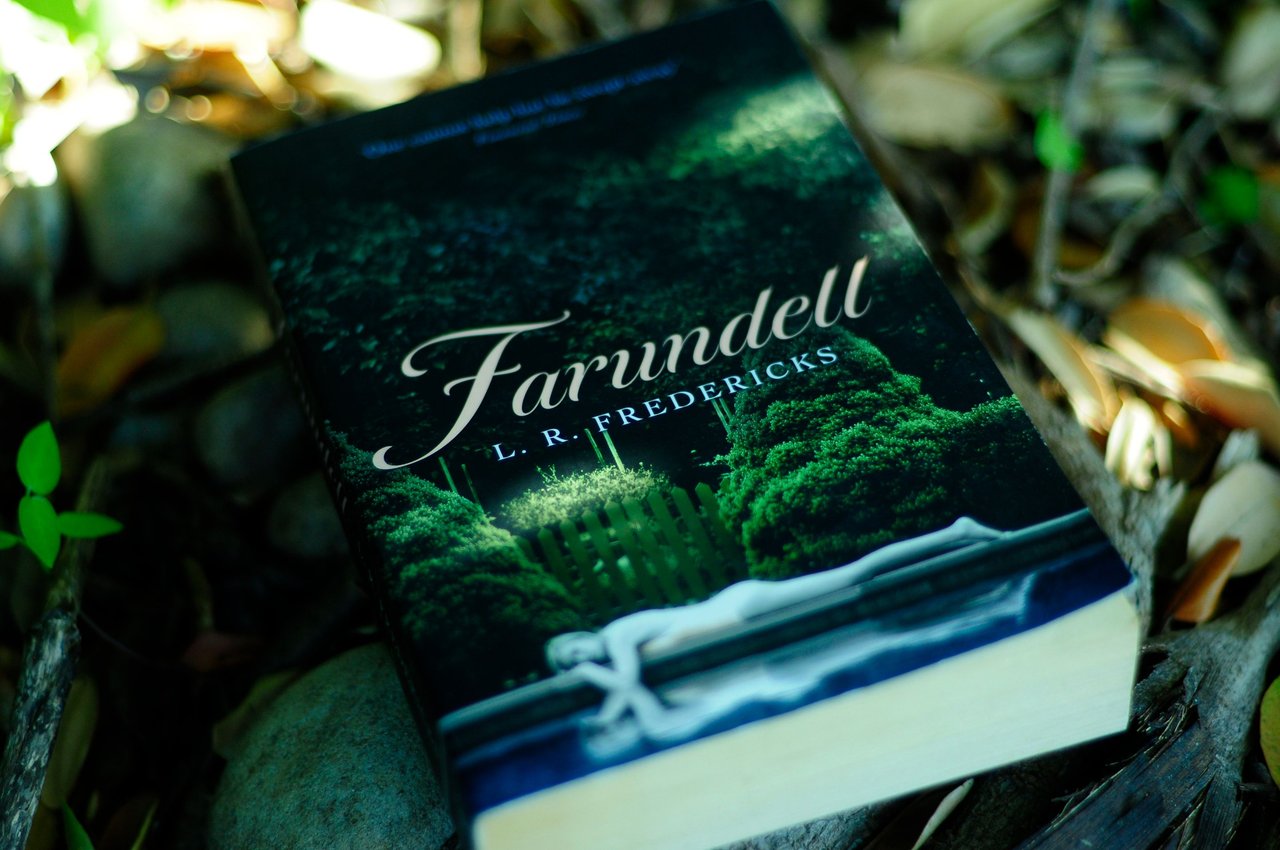
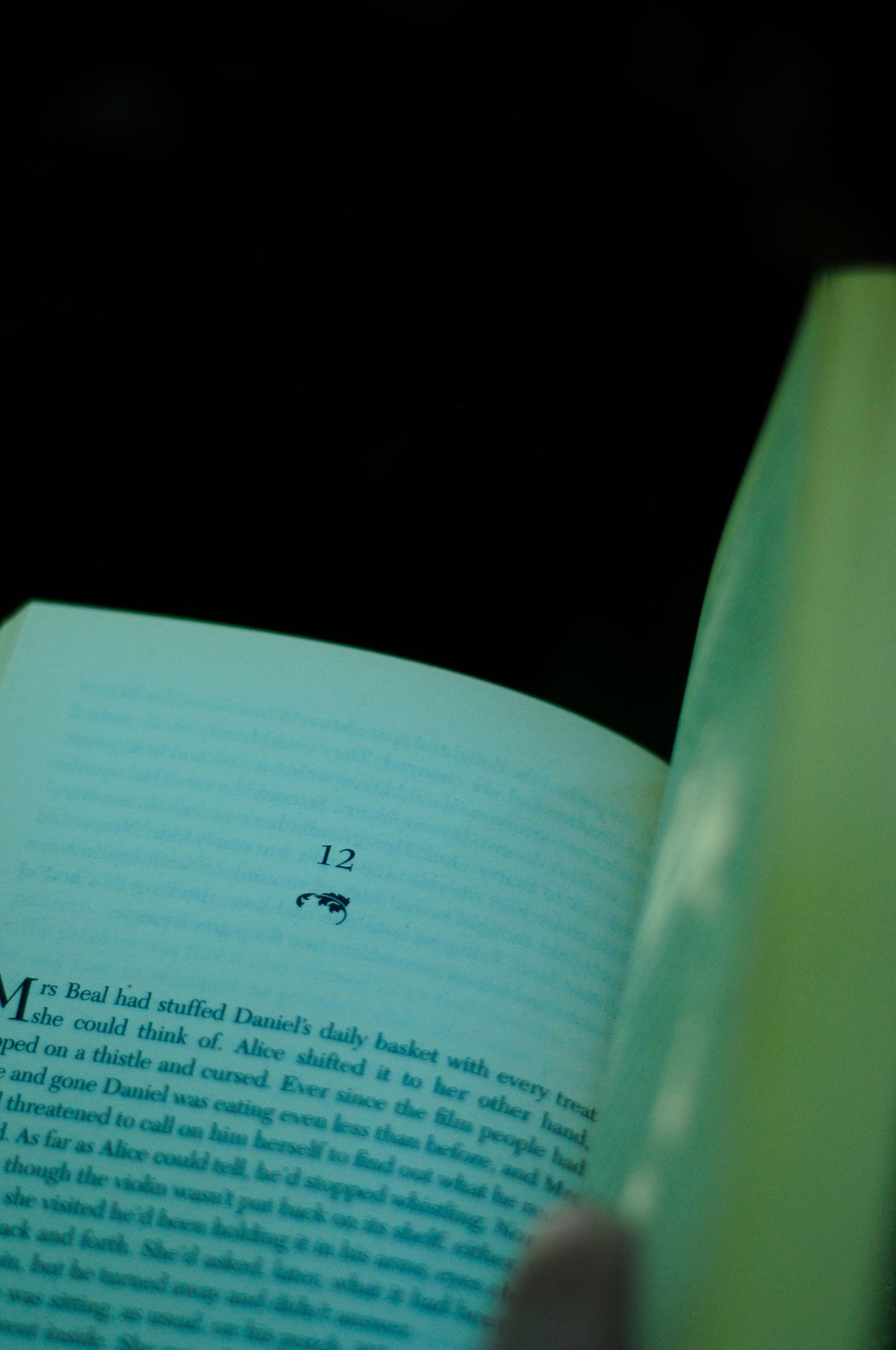

Comments